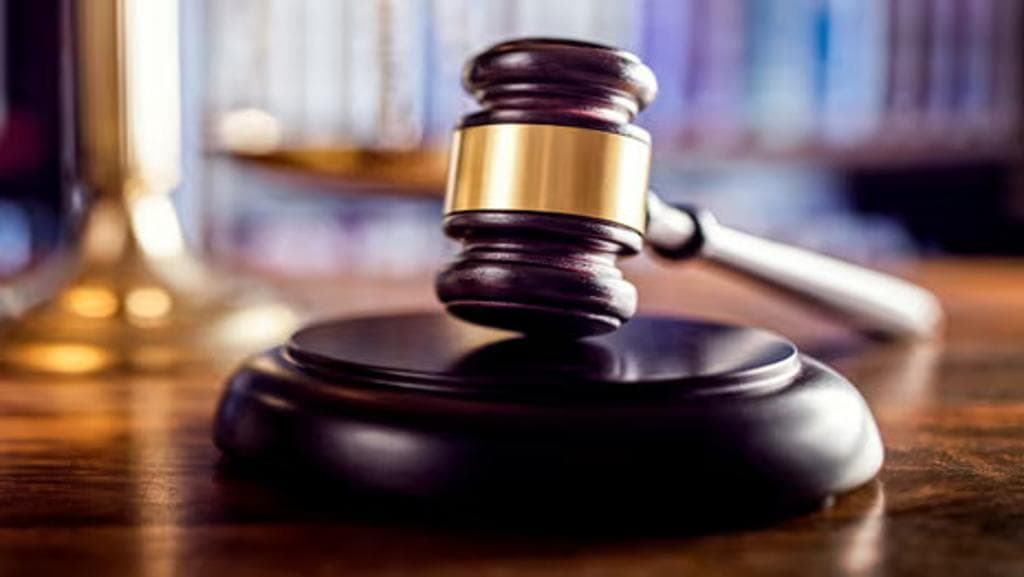
U.S. Judges Break Silence on Wave of Threats Amid Political Backlash
Federal judges reveal chilling harassment, including death threats and “pizza doxxing,” as political rhetoric fuels growing attacks on judicial independence.
In a rare and powerful public statement, several sitting U.S. federal judges have spoken out about the increasing threats and harassment they face, particularly following rulings unfavourable to former President Donald Trump’s administration or in defence of judicial independence.
The judges detailed their experiences during a forum organised by Speak Up for Justice, highlighting an alarming rise in intimidation tactics aimed at undermining the judiciary.
Chief Judge John McConnell of Rhode Island disclosed that his court had received over 400 threats, including six deemed credible. One caller threatened him with imprisonment and assassination, accusing him of trying to “put charges on Donald J. Trump.” The most distressing incident, however, was the delivery of a pizza to his home in the name of Daniel Anderl -- the murdered son of fellow Judge Esther Salas -- a clear act of psychological intimidation.
This practice, dubbed “pizza doxxing,” involves sending unsolicited food deliveries to judges using the name of Anderl, who was fatally shot in 2020 by a man targeting Salas. The U.S. Marshals Service is currently investigating such deliveries, which have been reported by at least two dozen judges across the country.
Judge Robert Lasnik of Seattle confirmed that over 50 judges, including their families and associates, had been targeted with similar tactics. He received pizzas in Anderl’s name after making public comments on attacks against the judiciary. Lasnik expressed concern for younger judges who now have to worry not only about delivering sound judgments but also about the safety of their families.
Judge Esther Salas, still mourning the loss of her son, has become a prominent voice against the escalating rhetoric aimed at the judiciary. She urged political leaders to refrain from demeaning judges as “corrupt,” “biased,” or “deranged,” warning that such language legitimises public hostility. “They are inviting people to do us harm,” she said, adding that judges should be challenged legally, not personally.
Judge John Coughenour, also from Seattle and appointed during the Reagan era, revealed he had been “swatted” -- the target of a hoax emergency call that falsely reported he had killed his wife. Armed officers responded to the fake call with weapons drawn. Later, the FBI informed him of a bomb threat against his home. Such tactics, he said, are “disgusting” and indicate how far the intimidation has gone.
The attacks are not only physical or verbal. McConnell and Coughenour, both presiding over politically sensitive cases, have faced judicial misconduct complaints filed by conservative organisations and Republican lawmakers. McConnell blocked a federal funding freeze introduced by the Trump administration, while Coughenour halted its attempt to end birthright citizenship. Both rulings have been appealed by the Department of Justice.
The implications of these coordinated attacks extend beyond the federal level. State judges are now being targeted as well. In Colorado, Chief Justice Monica Márquez was bombarded with pizza deliveries following her crucial vote in a 4-3 decision that temporarily disqualified Trump from the 2024 presidential ballot under the 14th Amendment’s insurrection clause. The U.S. Supreme Court later overturned that ruling.
Márquez recounted the immense pressure she faced, describing how she vomited in her chambers from stress before casting what she considered the most consequential vote of her career. In Florida, two state judges were also victims of pizza doxxing. A man was arrested and charged for fraudulent use of personal information in those cases -- one of the few instances of accountability.
However, Judge Salas highlighted that in most federal cases, perpetrators remain unidentified. This anonymity intensifies the threat, she said, because it remains unclear whether judges are being targeted by lone actors or organised groups.
The U.S. Marshals Service has confirmed a steady rise in threats against judges over the past six years. A judicial vulnerability programme created after Anderl’s murder now supports over 1,700 sitting judges and their families. Despite these measures, incidents continue to mount. In 2022, a man armed with weapons was arrested outside the home of Supreme Court Justice Brett Kavanaugh. He was later charged with attempted murder.
Judge Coughenour lamented the erosion of the U.S. judiciary’s once-sterling global reputation. “It’s stunning to me how much damage has been done,” he said, blaming political figures who attack judicial independence for personal gain. He called on lawyers and judges alike to reject these attacks and defend the rule of law: “Not in this country and not on our watch.”
The forum closed with a stark message: judges are being targeted not for wrongdoing, but for doing their jobs. As Salas put it, “The message is clear.” Unless political leaders take responsibility for their words and work to restore respect for judicial processes, the threats to democracy itself may only worsen.
For any enquiries or information, contact info@thelawreporters.com or call us on +971 52 644 3004. Follow The Law Reporters on WhatsApp Channels